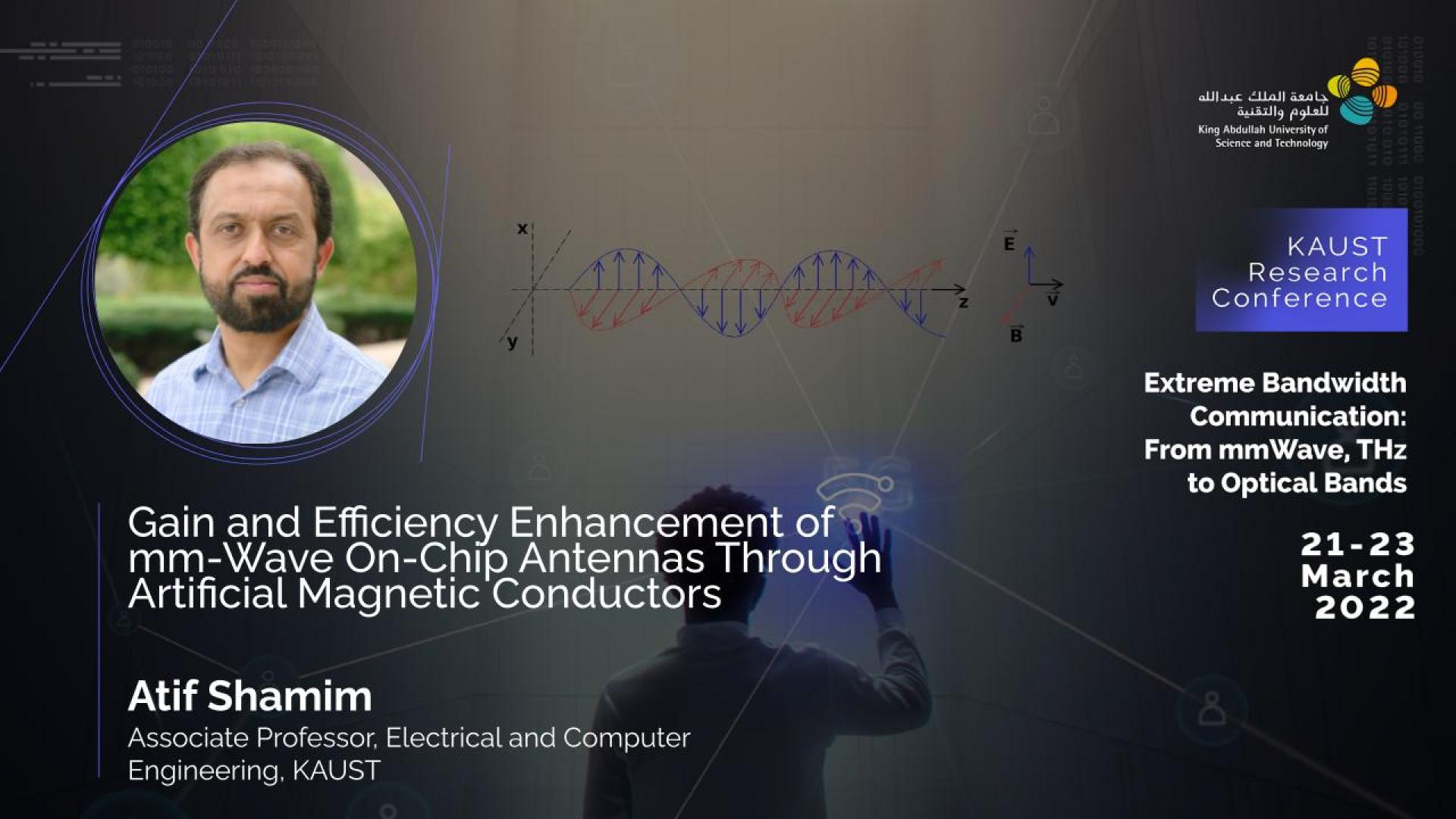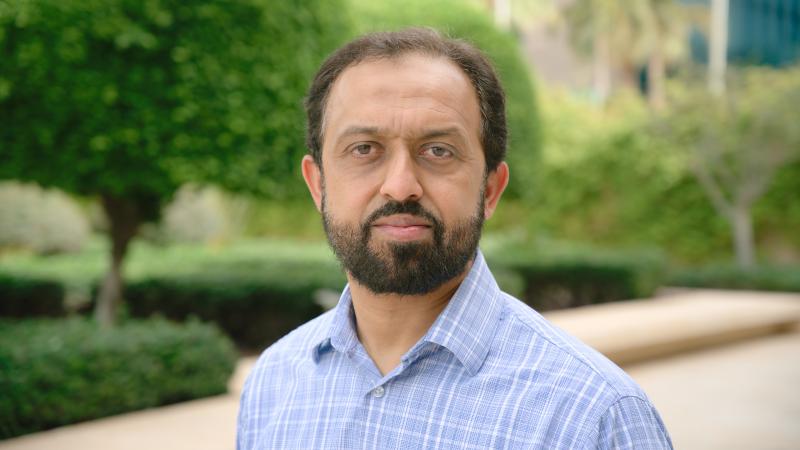Event Start
Event End
Location
Abstract
The emerging applications at millimeter wave frequencies have helped to achieve true System-on-Chip solutions by bringing the antennas on the Integrated Circuits (ICs that are also commonly known as chips). This is because the antenna sizes at these frequencies are small enough for practical on-chip realization. Though, there are a number of benefits of putting an antenna-on-chip (AoC), such as monolithic integration resulting in compact systems, and lower cost due to mass manufacturing in standard CMOS processes, etc, the major issue is dealing with silicon substrate’s high conductivity and permittivity (resulting in poor radiation efficiency). Many off-chip techniques have been shown, such as etching the silicon substrate underneath the antenna, enhancing the resistivity of the substrate, and integrating a superstrate or lens, but all these techniques add processing steps, and eventually the cost of realization. A promising approach is to realize Artificial Magnetic Conductors (AMC) underneath the AoC to provide isolation from the lossy Si substrate as well as have in-phase reflections from the AMC. This talk describes AMC design steps in an on-chip environment and shows how it can be used to boost AoC radiation performance. Further, it also shows innovative techniques for AMC thickness reduction to make it more suitable with the traditional CMOS stack-ups.
Brief Biography
Atif Shamim – received his MS and PhD degrees in electrical engineering from Carleton University, Canada in 2004 and 2009 respectively. He was an NSERC Alexander Graham Bell Graduate scholar at Carleton University from 2007 till 2009 and an NSERC postdoctoral Fellow in 2009-2010 at Royal Military College Canada and KAUST. In August 2010, he joined the Electrical and Computer Engineering Program at KAUST, where he is currently an Associate Professor and principal investigator of IMPACT Lab. He was an invited researcher at the VTT Micro-Modules Research Center (Oulu, Finland) in 2006. His research work has won best paper awards in IEEE ICMAC 2021, IEEE IMS 2016, IEEE MECAP 2016, IEEE EuWiT 2008, first prize in IEEE IMS 2019 3MT competition and finalist/honorable mention prizes in IEEE APS Design Competition 2020, IEEE IMS 2017 (3MT competition), IEEE IMS 2014, IEEE APS 2005. He has been selected as the Distinguished Lecturer for IEEE AP-S (2022-2024). He has won the Kings Prize for the best innovation of the year (2018) for his work on sensors for the oil industry. He was given the Ottawa Centre of Research Innovation (OCRI) Researcher of the Year Award in 2008 in Canada. His work on Wireless Dosimeter won the ITAC SMC Award at Canadian Microelectronics Corporation TEXPO in 2007. Prof. Shamim also won numerous business-related awards, including 1st prize in Canada’s national business plan competition and was awarded OCRI Entrepreneur of the year award in 2010. He is an author/co-author of over 270 international publications, an inventor on 35 patents and has given over 70 invited talks at various international forums. His research interests are in innovative antenna designs and their integration strategies with circuits and sensors for flexible and wearable wireless sensing systems through a combination of CMOS and additive manufacturing technologies. He is a Senior Member of IEEE, founded the first IEEE AP/MTT chapter in Saudi Arabia (2013) and served on the editorial board of IEEE Transactions on Antennas and Propagation (2013-2019), and as a Guest Editor for IEEE AWPL Special issue (2019), and is currently serving as an Associate Editor for IEEE Journal of Electromagnetics, RF and Microwaves in Medicine and Biology.
Find out more details at impact.kaust.edu.sa

